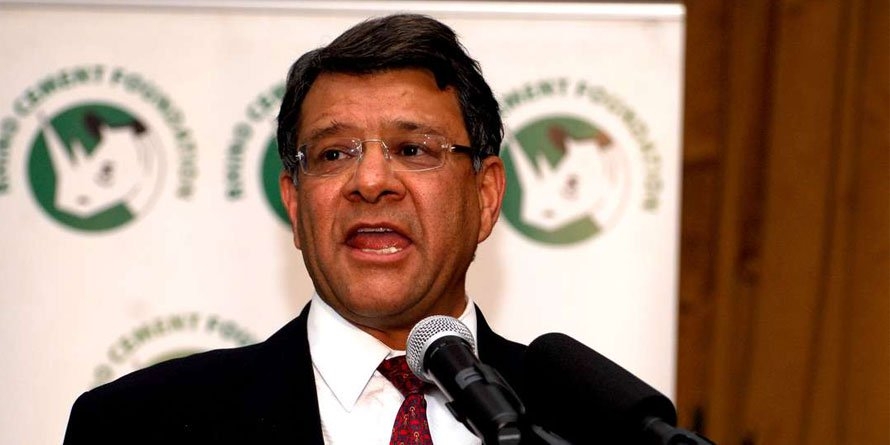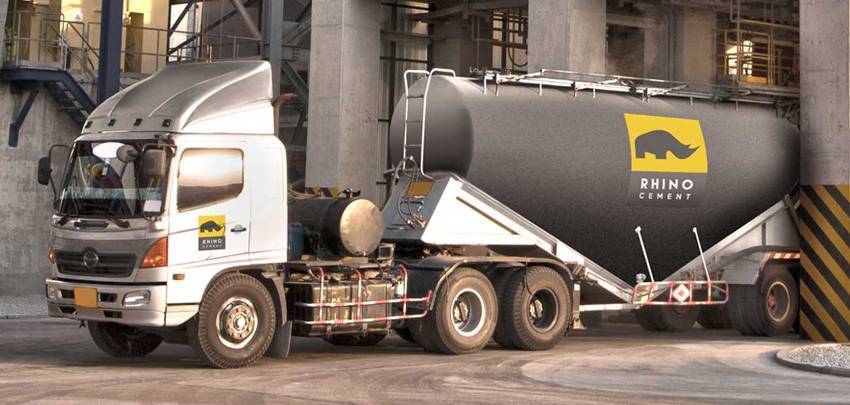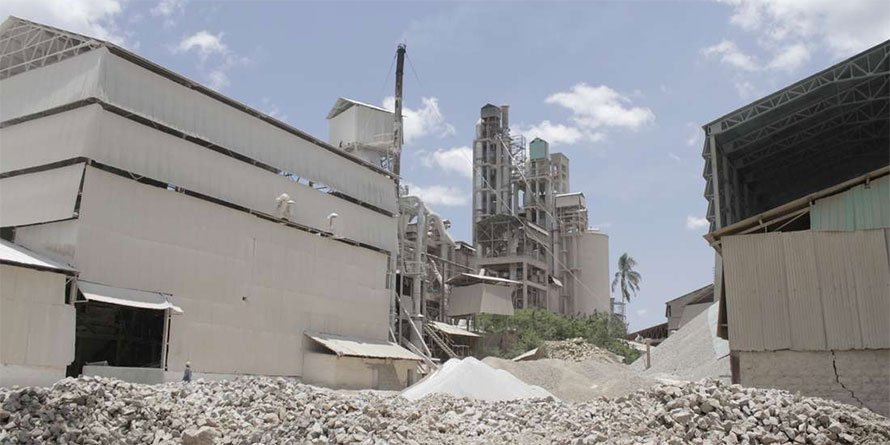

Troubled cement maker ARM’s fate will be known later this month when its creditors, including banks that placed it under administration, meet to vote on how to settle the company’s mountain of debt.
ARM, currently suspended from trading on the Nairobi Securities Exchange (NSE), is considering liquidation, raising Sh5 billion through a rights issue or selling more assets, including the Tanzanian operation, Pradeep Paunrana, the founding shareholder said. ARM CEO Paunrana said all options were on the table in the fight to get the company back on its feet.
UBA Bank, which had provided ARM with a Sh500 million short-term loan, on August 17 appointed PwC’s Muniu Thoiti and George Weru to manage the cement maker in an effort to recover the debt.
African Finance Corporation (AFC), which provided ARM with a loan of Sh4.6 billion, and Stanbic Bank (Sh3.2 billion) will have a major influence at the meeting as they hold nearly 36% of the total outstanding liabilities of Sh21.7 billion as of June.
Whichever option the creditors settle on will take about one year implement, said Paunrana, who is yet to complete his Sh1.6 billion purchase of ARM’s non-cement business in partnership with Swiss firm Omya.
If creditors choose to liquidate the cement manufacturer, its assets will be sold and the proceeds used to pay off banks, bondholders and suppliers. Assuming the company realises the book value of its assets, shareholders could share a total of Sh20.8 billion going by the rate of about Sh22 per share.
Finding an investor to buy ARM is likely to be difficult, several suitors having walked away in a recent attempt to sell the company.
Paunrana said a more likely option is to raise Sh5 billion through a rights issue to be structured by PwC. The offer will then be made to existing shareholders, who will have the option of snubbing the cash call or transferring their rights to other investors.
ARM’s share price collapse is, however, likely to complicate such a transaction. The company last traded at Sh5.5 per share, meaning that offering a discount on that price will be a further hit to long-term shareholders, who have lost more than 90% of their paper wealth.
Paunrana said the administrators have the final say, having effectively replaced the board in the strategic and day-to-day running of the company.
ARM, he added, is currently producing cement at a 30% capacity in Kenya and 25% in Tanzania, noting that these levels are not sustainable in the long term.
More news
- CELEBRATING EXCELLENCE IN THE RESIDENTIAL PROPERTY SECTOR
- PART 4: GIBS PANEL DISCUSSES INTEMEDIATE CITIES ROLE IN AFRICA’S DEVELOPMENT
- EXPOSED AGGREGATE PAVERS COMPLEMENT NEW LIFESTYLE CENTRE
- GIBS PANEL EXPLORES ROLE OF INTERMEDIATE CITIES IN SA’S DEVELOPMENT PART 3
- CITI-CON’S CONCRETE KNOWLEDGE SUCCESSFULLY DEPLOYED ON NEW LANDMARK DEVELOPMENT





